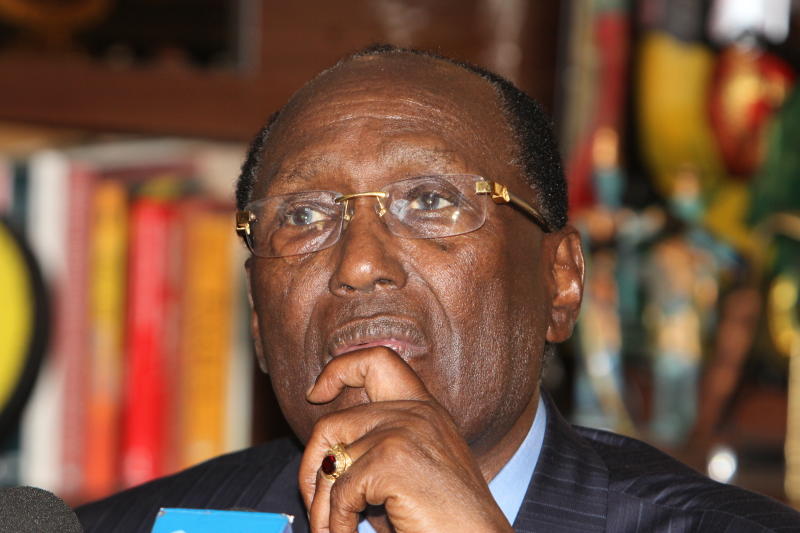×
The Standard e-Paper
Home To Bold Columnists

The Penthouse at International Life House lives up to its name: it’s spacious and commands an uninterrupted view of the Central Business District.
This is where the late business mogul Chris Kirubi would spend most of his time, before hitting the social circuit.







